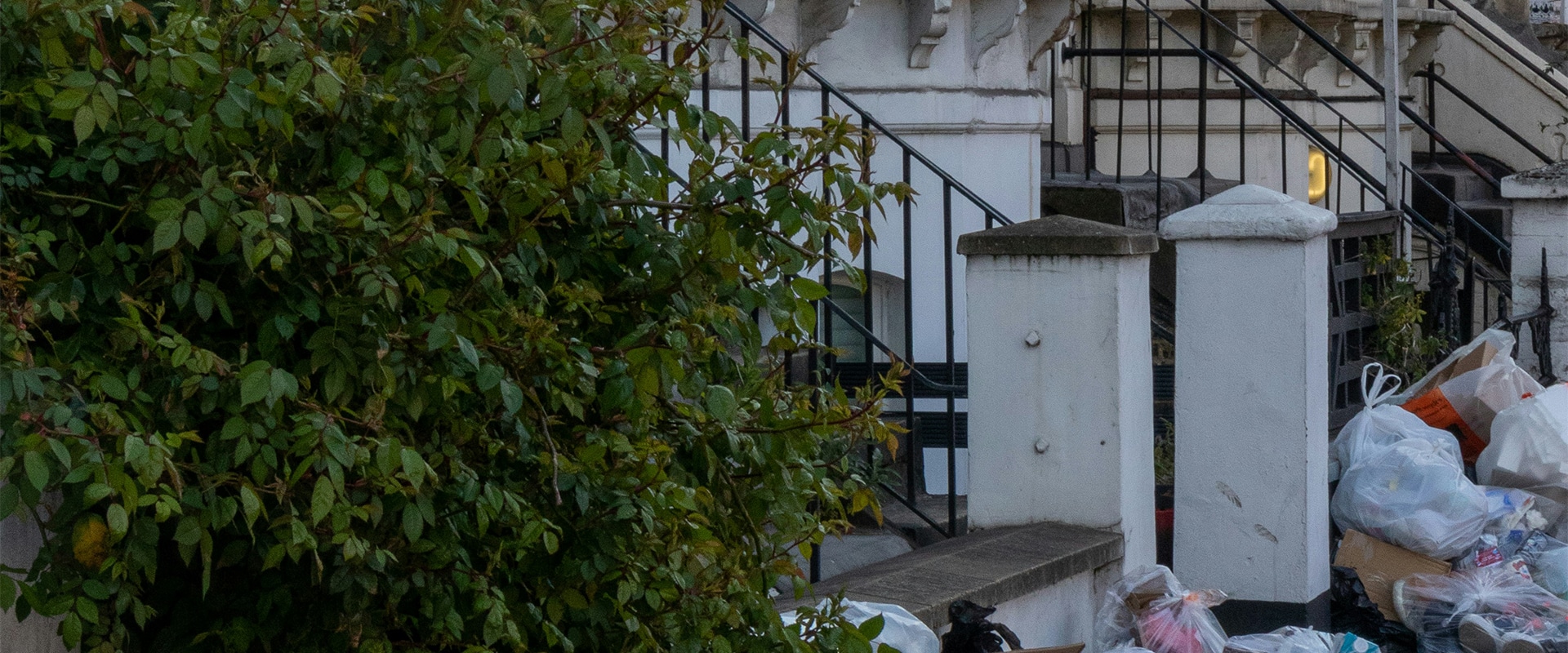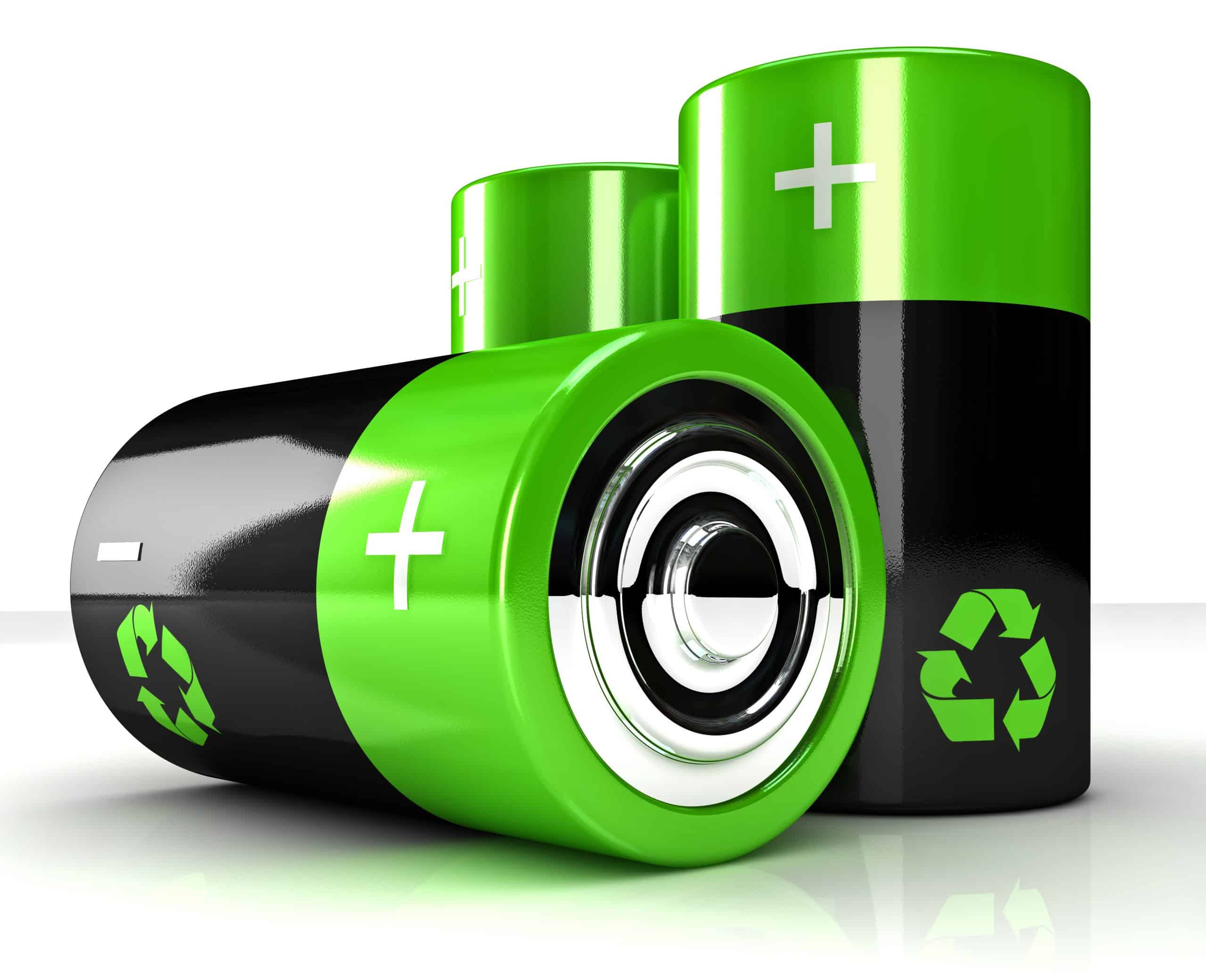How would our world work if we were not equipped with batteries to help us turn on most of our daily devices.
Despite the fact that this world is mostly battery-based, the other side of the coin forces us to note that millions or even billions of batteries are thrown away every year in the world (to the detriment of our environment).
In fact, according to Call2Recycle, which manages the battery collection and recycling program in Canada, in 2012, we were talking about 5,000 metric tons of batteries collected and recycled.
Now, 11 years later, that number has easily tripled. Recycling used batteries is essential to protect the environment and prevent pollution caused by the toxic substances they contain.
In Quebec, there are ecological ways to recycle these batteries in order to limit their impact on our planet.
In this article, we will explore the different ways to recycle used batteries responsibly in Quebec, highlighting the importance of this practice for our health and that of our environment.

Types of batteries and recycling methods
| Battery Type | Recycling Method |
| Automotive batteries | Recycling in specialized centers equipped to process these batteries safely. |
| Electronic consumer batteries | Collection at specific drop-off points and processing in specialized facilities. |
Automotive Batteries
Automotive batteries, used primarily for motor vehicles, need to be recycled appropriately.
Once collected, they are processed in specialized centers equipped to handle these batteries safely.
It is essential to ensure that their recycling is carried out correctly to avoid any harmful impact on the environment.
Electronic Consumer Batteries
Consumer electronics batteries, such as those used in smartphones and wearable devices, must also be recycled adequately.
They must be deposited at specific collection points where they will then be processed in specialised facilities.
This process recovers valuable materials from batteries while preventing them from accumulating in landfills.
Ecological recycling stakeholders and legislation in Quebec
Quebec government authorities play a crucial role in the management and regulation of the recycling of used batteries.
The Environment Quality Act and the Regulation respecting the recovery and reclamation of products by companies impose obligations on battery producers and distributors to ensure their collection and proper treatment.
In addition, awareness and education programs are being implemented to inform the population about the importance of battery recycling for environmental protection.
Business Contributions and Initiatives
Companies in Quebec also play a significant role in the environmentally friendly recycling of used batteries.
Several companies have set up battery collection and recycling programs, in partnership with specialized treatment centers.
Some companies are innovating by developing more efficient and environmentally friendly recycling technologies, helping to minimize the impact of this waste on our planet.
The Green Recycling Process: Collection and Transportation
The collection and transportation of used batteries must be done in a safe manner to ensure the protection of the environment and public health.
It is essential to comply with the standards in force to avoid contamination and any risk of accidents.
Companies that specialize in battery recycling must have strict protocols in place to ensure proper handling of these hazardous materials.
The stages of treatment and valorization
Once the used batteries have been collected, they go through various stages of treatment and recovery.
First, the battery components are separated and sorted to facilitate their recycling.
Then, these components are processed in such a way that they can be reused or recycled in an environmentally friendly way.
Some materials can be mined and reused in new products, while others can be recycled to create energy.
It is important to emphasize that this recycling process reduces the demand for raw materials, avoids pollution related to the extraction of these resources and limits hazardous waste in our environment.
Recycling Challenges and Opportunities
One of the main challenges in recycling used batteries in Quebec is to improve the efficiency of the collection and recycling process.
It is essential to put in place better infrastructure to facilitate the collection of used batteries from citizens and businesses.
In addition, it is crucial to invest in more advanced recycling technologies to ensure maximum material recovery and limit environmental impact.
Awareness and citizen participation
Awareness and citizen participation are key opportunities to improve the recycling of used batteries.
It is crucial to educate the public about the importance of battery recycling, the dangers of mismanagement and the environmental benefits of battery recycling.
Encouraging the active participation of citizens through awareness campaigns and specific collection programs can greatly contribute to increasing recycling rates.
Municipalities, schools, businesses and community organizations have a critical role to play in raising awareness and mobilizing citizens for the recycling of used batteries.
By working closely with these stakeholders, it is possible to create effective and sustainable initiatives to improve the management of used batteries and preserve our environment.
How to recycle used batteries in an environmentally friendly way in Quebec
In conclusion, it is crucial to recycle used batteries in an environmentally friendly way in Quebec to protect our environment and avoid contamination of soils and waterways.
By actively participating in the battery collection program offered by the various specialized organizations and companies, every citizen can contribute to preserving the health of our ecosystem.
It is also important to raise awareness about the harmful impact of waste batteries on our environment and to encourage the adoption of sustainable practices.
Together, let’s act for a cleaner, more planet-friendly future.

